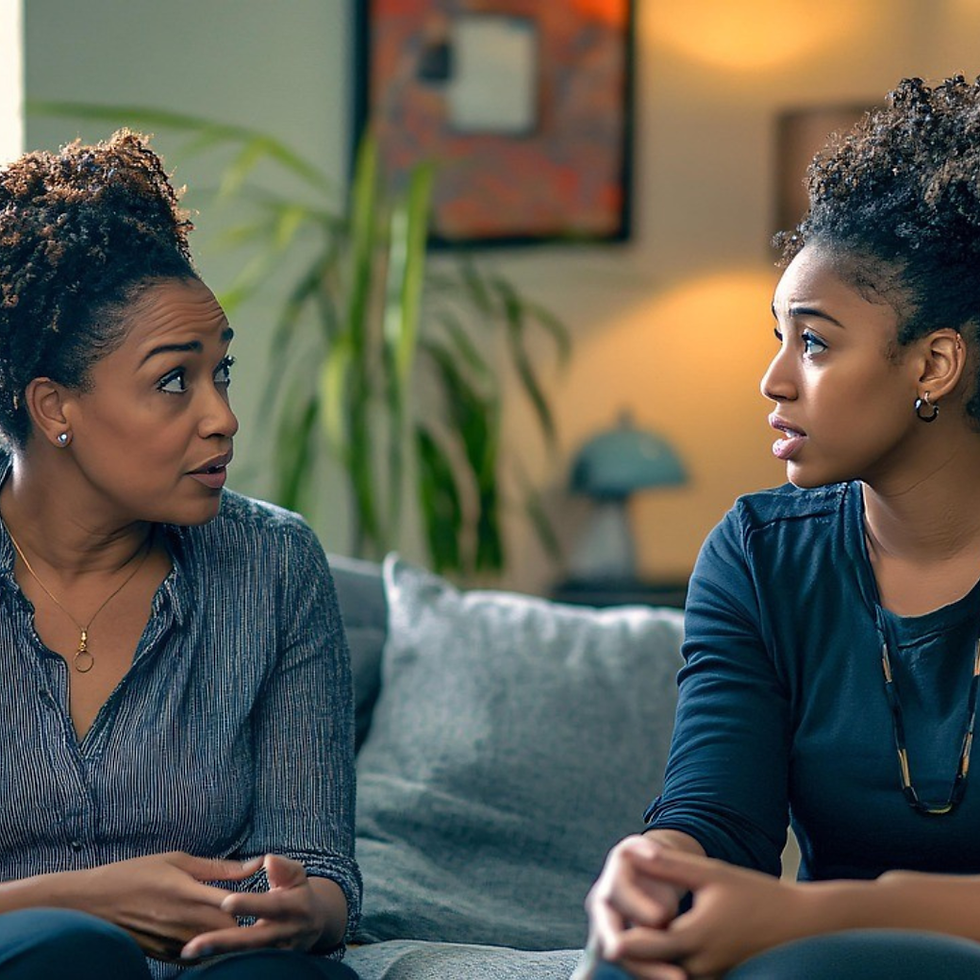Belonging to God Makes Us Free
- Marie Keiser
- Mar 15, 2023
- 3 min read
Updated: Apr 24, 2023
As an author, I often try to put myself in the mind of another person: trying to think the thoughts another would think, trying to see the world the way another would see it. And this habit has highlighted for me how different a Catholic perspective is from the non-religious view of life.
As Christians we believe in an all-wise Creator Who loves us, Who has a plan for our existence, and Who made us for Himself. In other words, we believe that we belong to God and not to ourselves.
Sometimes we find this galling: we resent the rules that bind our actions. We want to be free to make our own choices and find happiness in our own way. We fear the path that God seems to be directing us down and feel that our own way would be much more to our liking.
But while our Catholic idea of a God-directed existence
sometimes seems restricting, in reality it frees us.
Come with me for a moment and imagine life as an atheist:
There is no God, no directing force in the universe, no objective moral standard. You are the product of blind forces, and you exist simply because matter coalesced that way and somehow achieved consciousness.
But now you do exist. You make choices. You need to find reasons for the things you do. What will be your goal? Your own happiness? What else? But how will you seek happiness?
No law prevents you from choosing every pleasure that comes your way, but choosing the best course of action—the one that will ultimately make you the most happy—is strangely challenging. Everything is a trade-off. Ambition or ease. Pleasure or health. Money or relationships.
How can you possibly choose between them? What if you make a mistake and a piece of your life is forever blighted? What if you make a bigger mistake, one that condemns you to a life of suffering, and all your podcasts and your healthy diet and your support network and your exercise group and your mindfulness meditation app cannot stop your mind from being overwhelmed with pain?
With no goal beyond your own happiness, and no set rules for how to achieve it, every failure to feel perfectly happy is a catastrophe, a sign that you are failing in the very purpose of your existence.
As Catholics, however, our goal is God and we have rules for how to reach Him. And sometimes those rules do limit our choices. But the Divine plan we follow frees us from the overwhelming burden of determining our own purpose.
We are for God. And He, infinite, loving, perfect Father that He is, has made us so that in fulfilling His Will we are ourselves most truly fulfilled and most truly happy.
Fiction can help us see through another's eyes, sometimes giving us a greater appreciation of our own beliefs, and sometimes giving us greater empathy for those who do not share them. For example, in my book, Heaven’s Hunter, Randall Yung approaches the Catholic Faith as a misinformed and hostile outsider. In Three Last Things, Corinna Turner takes us inside the mind of a condemned murderer who sees no value in life. Seeing our Faith from the outside can help us understand and value it more, and become more creative and compassionate in sharing it with others.









Comments